Category: Social Sciences & Business

The COVID-19 Pandemic and the Crisis of Global Politics: A View from Asia
In this Korea Foundation sponsored presentation, panellists discuss the impact of China-US relations on the system of global governance, and the claim that Asians’ “authoritarian tendency” is an asset to tackling the outbreak.

Aging Data: NACDA & an Open-source Repository
Funded by the National Institute on Aging in the United States, NACDA represents one of the world’s largest collections of research data. The workshop will introduce you to NACDA and are many research partners across the world.

Design and Democracy
In this IAFOR/Konrad Adenauer Foundation co-organised presentation, panellists Bruce Brown (Royal College of Art, UK), Saito Nagayuki (International Professional University of Technology, Japan), and Ryuji Yamazaki-Skov (Osaka University, Japan), talk about the intersection of design and democracy from their respective backgrounds.
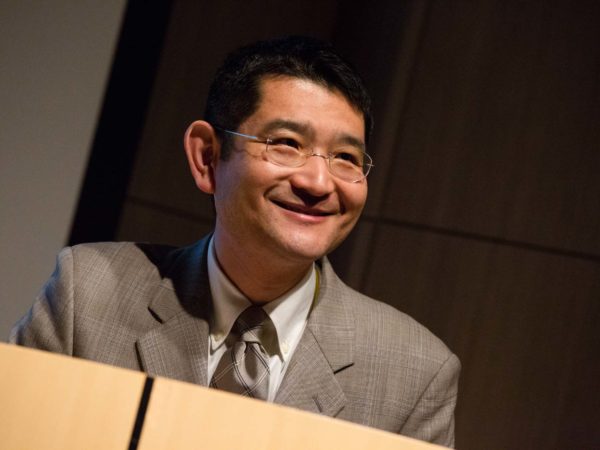
Beyond Cuteness: An Emerging Field of the Psychology of “Kawaii”
“Kawaii” is often translated as “cute” in English, but the nuances and connotations of the two words seem to be different. In this presentation, Professor Hiroshi Nittono of Osaka University discusses which aspects of kawaii are unique to Japanese culture and which aspects seem to be universal to all humans.
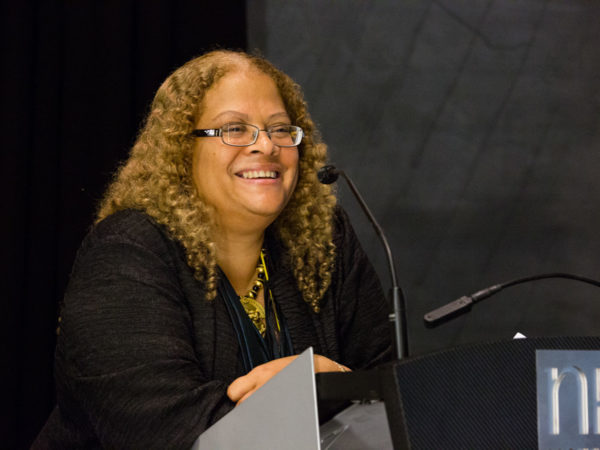
Intersectional Realities, Law and Belonging. Not?
In this presentation, Professor Adrien Katherine Wing of the University of Iowa focuses on the legal status of women of colour around the world under national and international law.
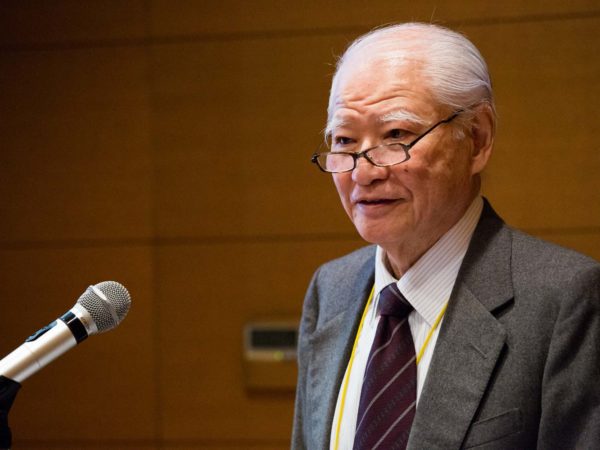
Shifting Strategic Balance and Asian Security
“The concept of strategic stability has become increasingly obscure since the end of the Cold War. The collapse of the Soviet Union and the rise of China have changed the structure of strategic balance, which would have defining impacts on world security.”
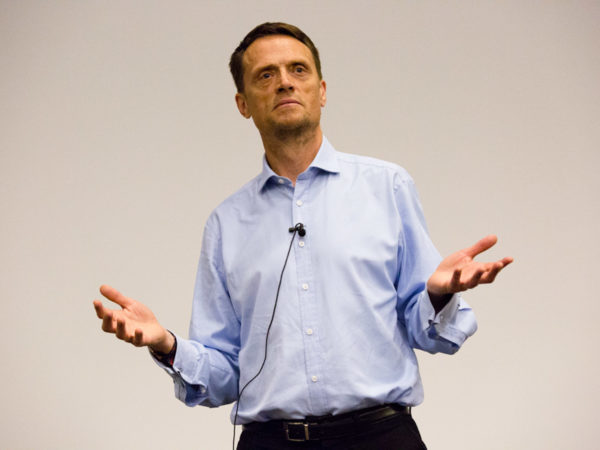
Think Like a System, Act Like an Entrepreneur
“Most attempts at social change attempting shifts in people’s behaviours or attitudes fail. There are systematic reasons for this. A more effective strategy may combine two very different ways of thinking, the systemic and the opportunistic.”
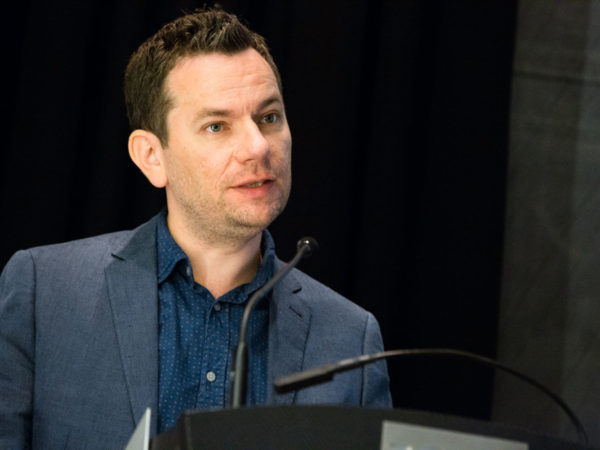
Memory and the Modern City
Densely populated, cities are also thickly inhabited by memories. This lecture explores the processes by which some aspects of the past are physically or emotionally inscribed into the built landscape, while others are overlooked or forgotten.
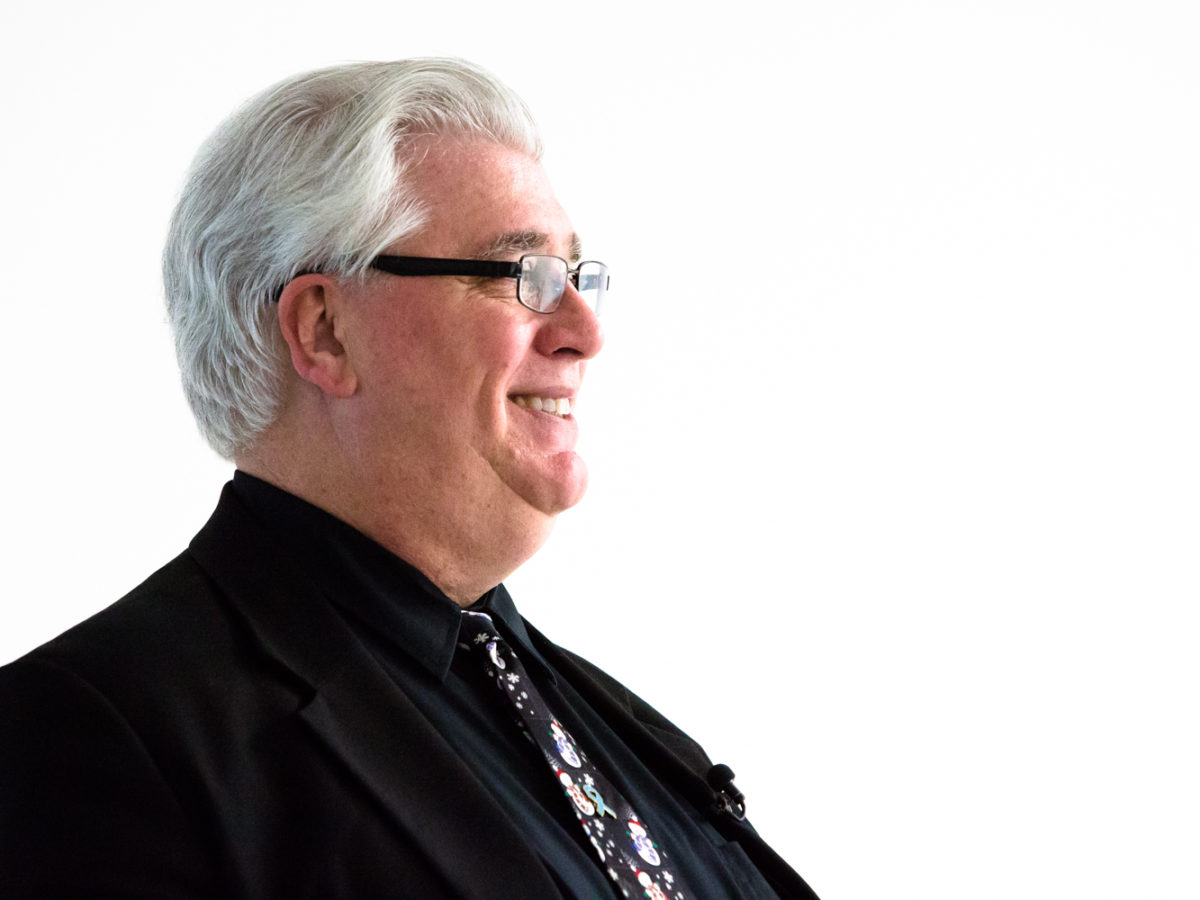
Data Collections, Resources and Tools for Aging Research (NACDA)
Using the National Archive of Computerized Data on Aging (NACDA) as a working example, Dr James McNally explains the advantages of having a local strategy geared toward the preservation and sharing of gerontological research data.
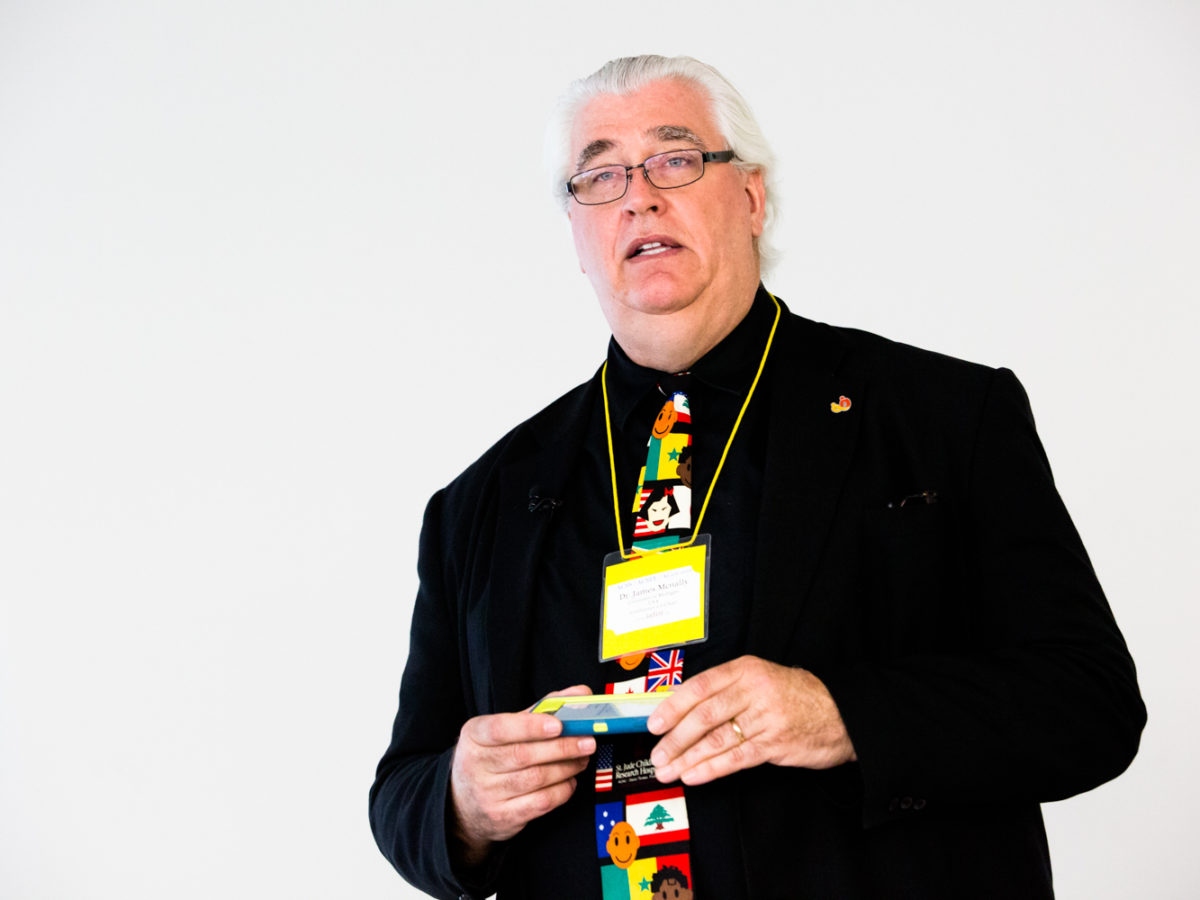
The Impact of Family Support on the Mental Health of the Elderly
In this interview, IAFOR IAB Executive Council Member Professor Dexter Da Silva talks with the Director of The National Archive of Computerized Data on Aging (NACDA) Dr James McNally.
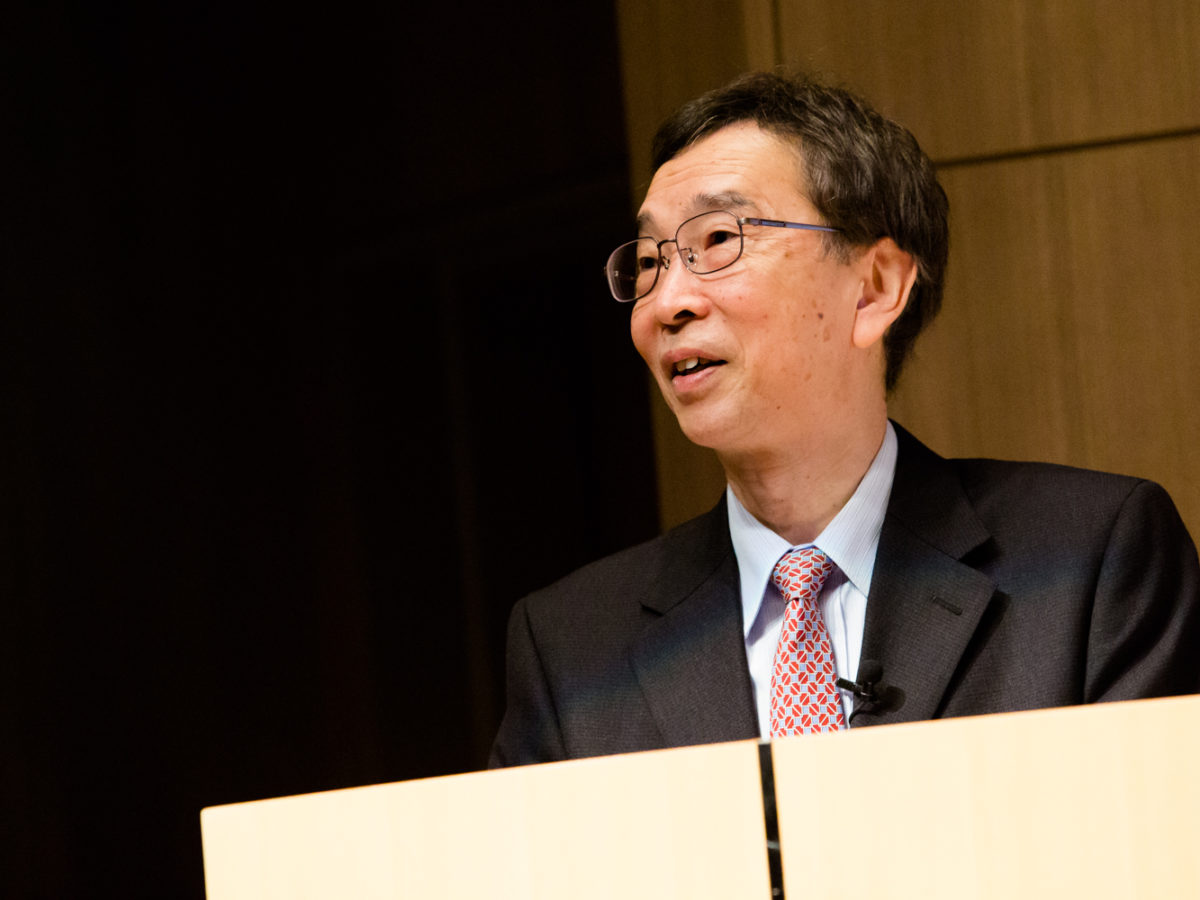
Social Science Japan Data Archive and Resources for Aging Research in Japan
This presentation examines the current state of the data-archiving activities in Japan, introduces the Social Science Japan Data Archive (SSJDA), and provides examples of resources available at the SSJDA and other institutions for aging research.
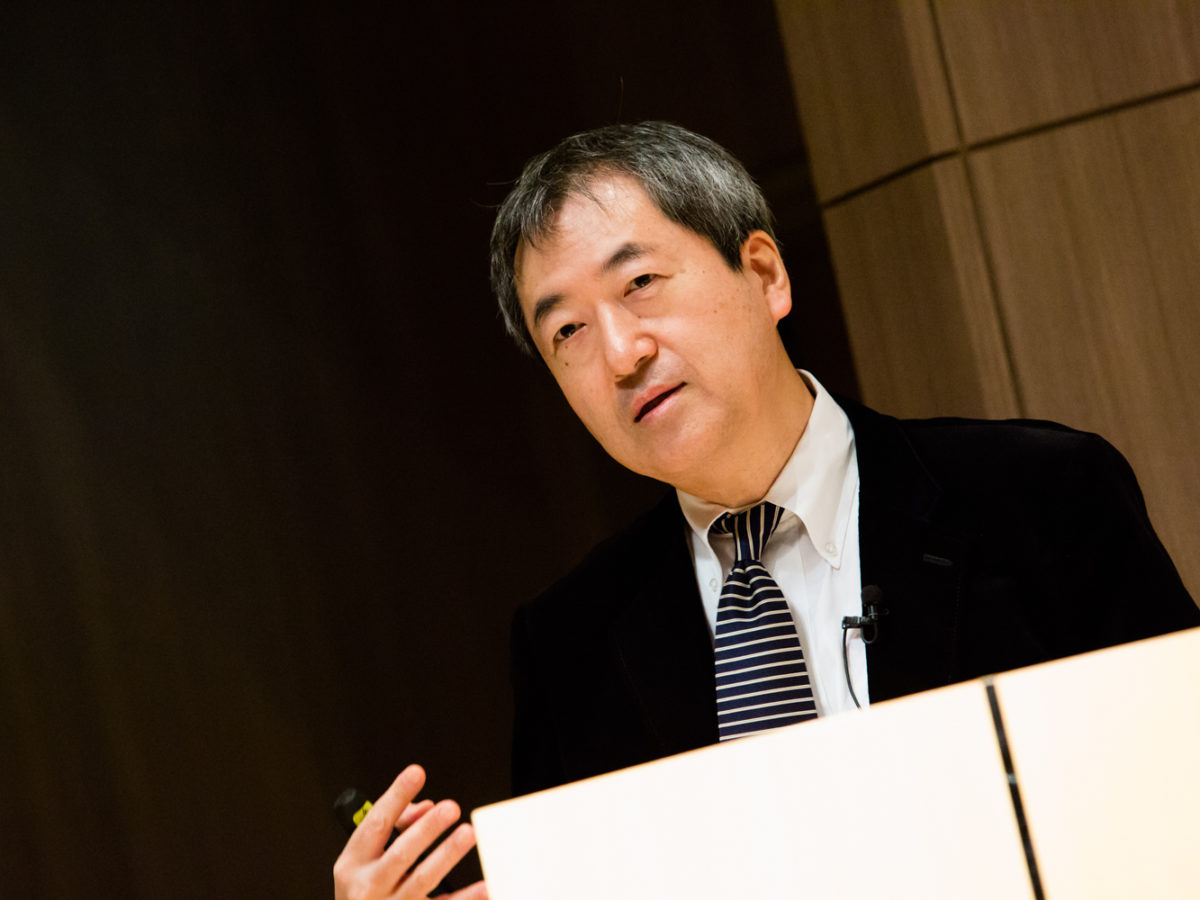
The Nihon University Japanese Longitudinal Study of Aging (NUJLSOA) – History and New Directions
Professor Yasuhiko Saito discusses The Nihon University Japanese Longitudinal Study of Aging (NUJLSOA) at The Asian Conference on Aging & Gerontology 2015 in Kobe, Japan.
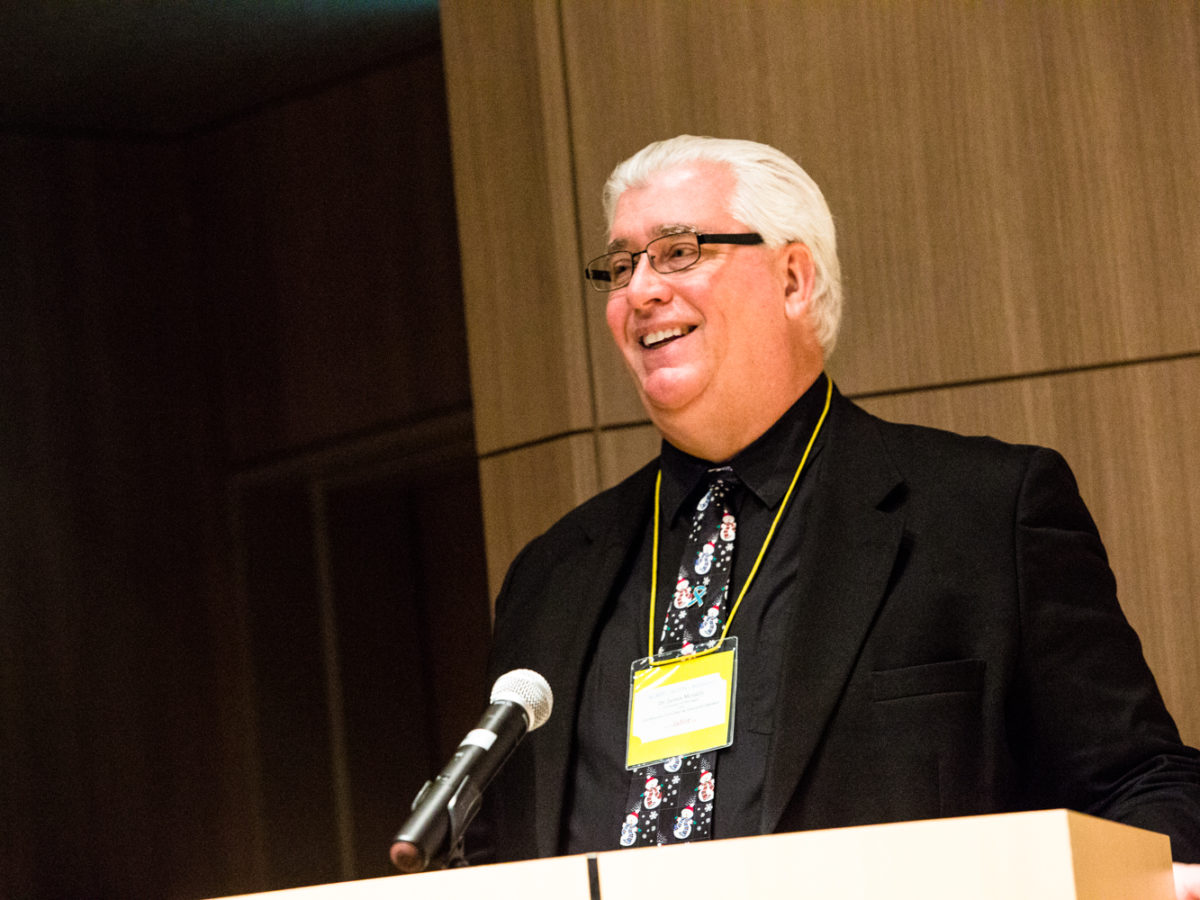
A Message from IAFOR Aging & Gerontology Conference Chair, Dr James McNally
Dr James McNally, Director of the NACDA Program on Aging and IAFOR Aging & Gerontology Conference Chair, discusses IAFOR’s social sciences programme.
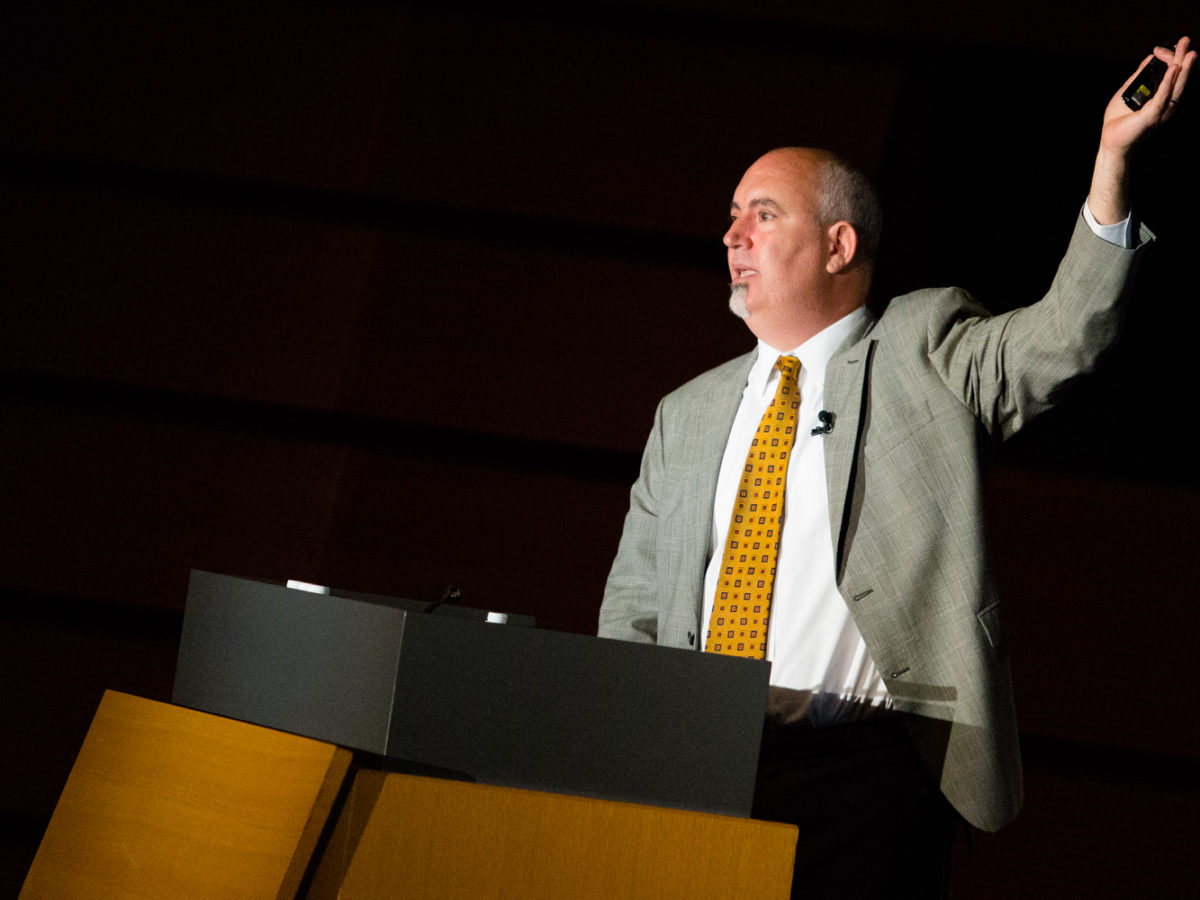
Creating Abundant Enterprises
Professor Jay Friedlander of the College of the Atlantic talks with IAFOR Executive Director, Dr Joseph Haldane about the importance of abundance and sustainability in business.
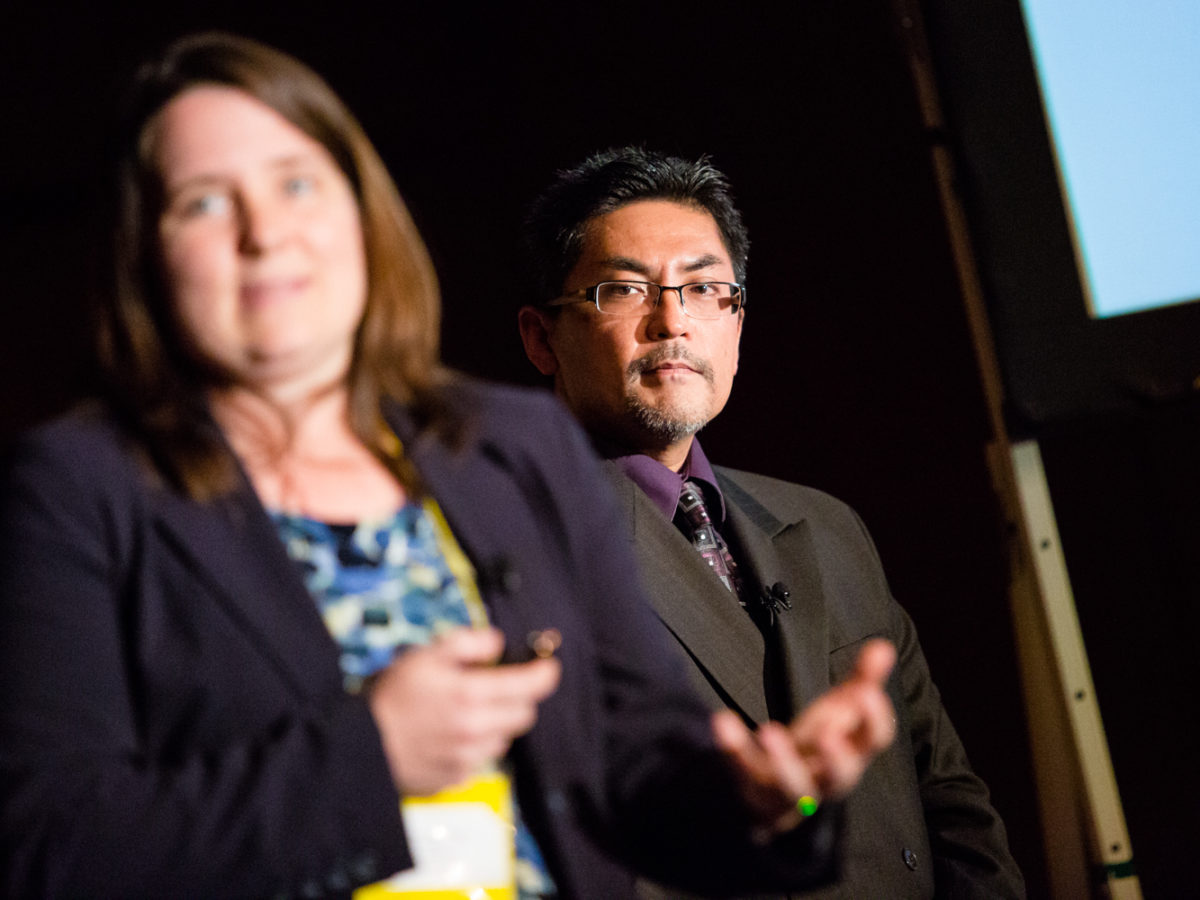
Soft Power & the Convention on the Rights of Persons with Disabilities
Dr Joseph Haldane discusses soft power & the Convention on the Rights of Persons with Disabilities (CRPD) with Dr Amy Szarkowski and Dr Yukinori Komine.
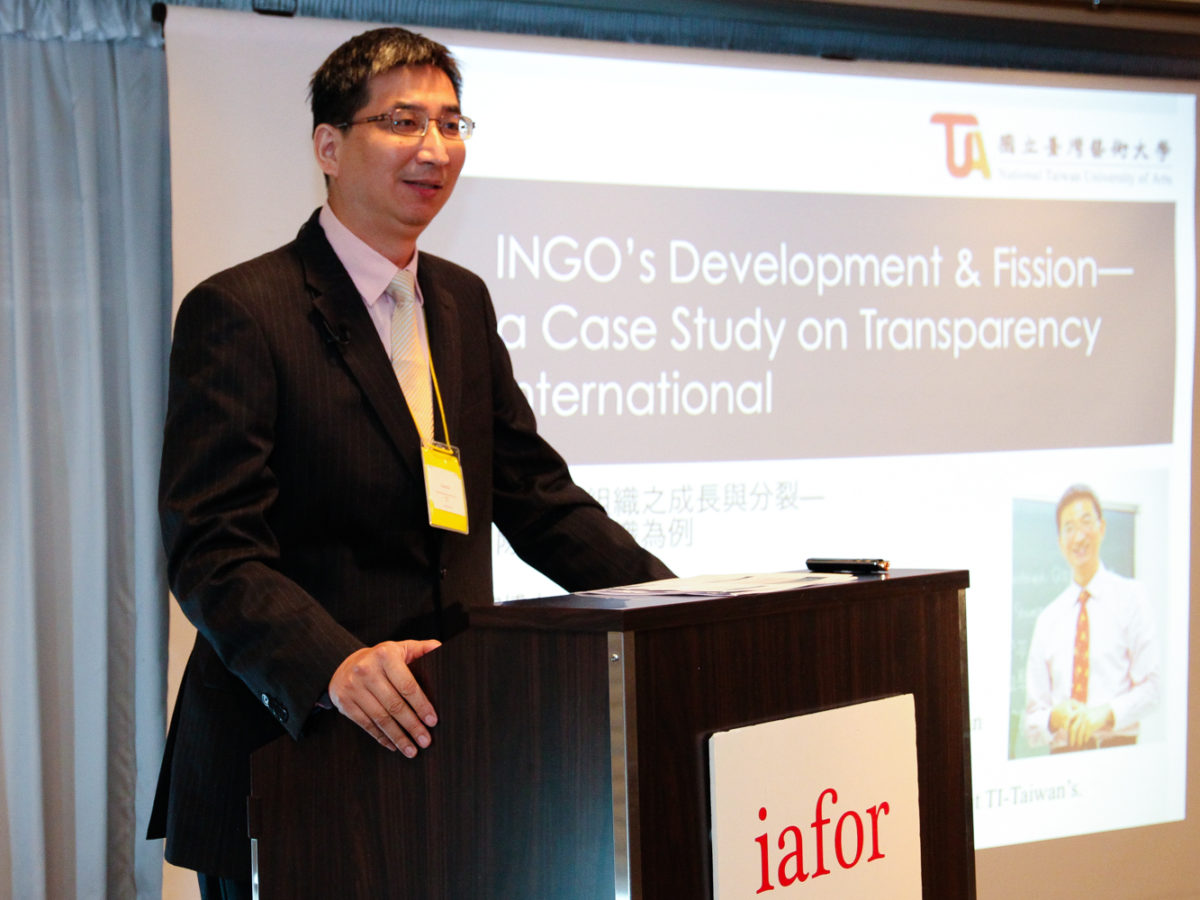
An INGO’s Development and Fission: A Case Study on Transparency International
Dr Ernie Ko offers us a behind the scenes look at the internal politics and personalities of the prominent global NGO, Transparency International.
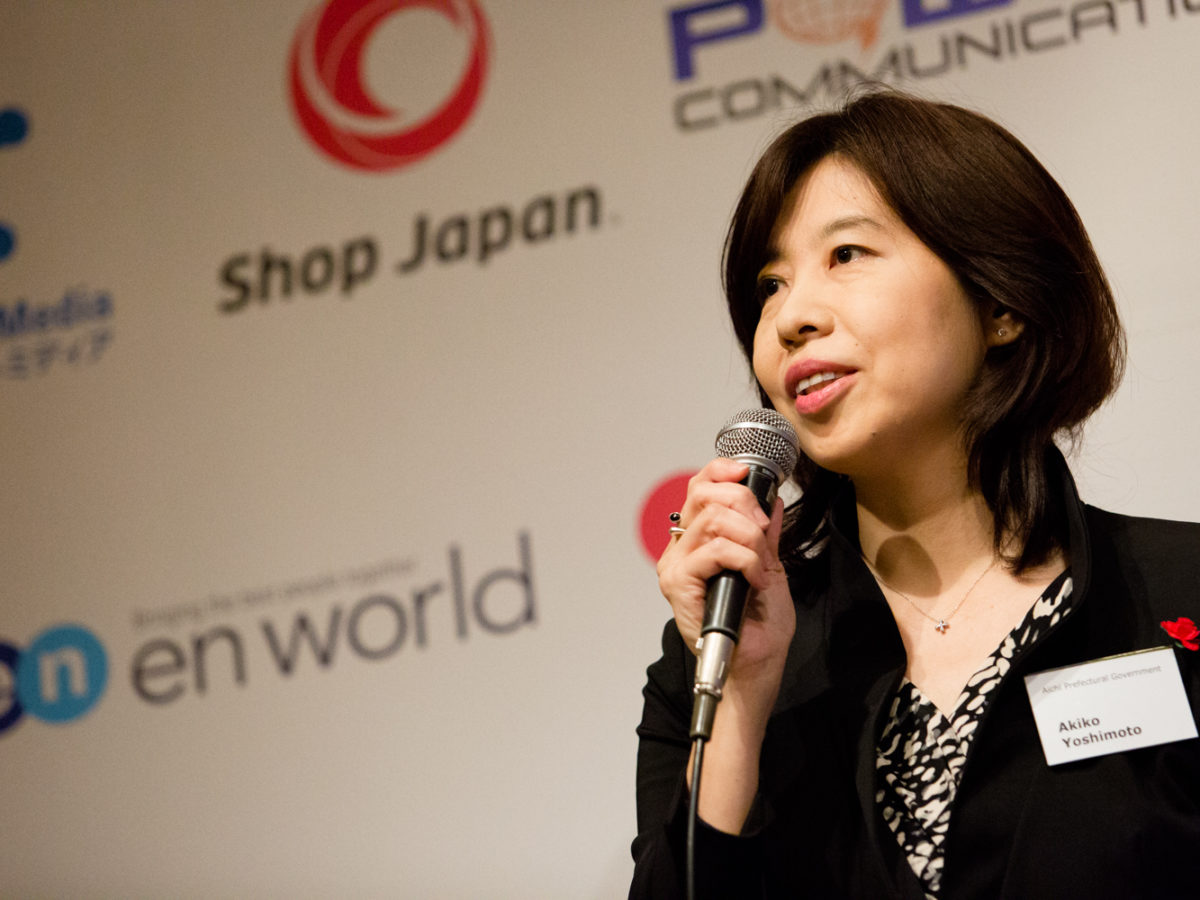
Diversity in the Workplace
Ms. Akiko Yoshimoto, Vice-Governor of Aichi Prefecture, Japan, discusses the importance of diversity in the workplace at the ACCJ Chubu Diversity Summit in Nagoya.
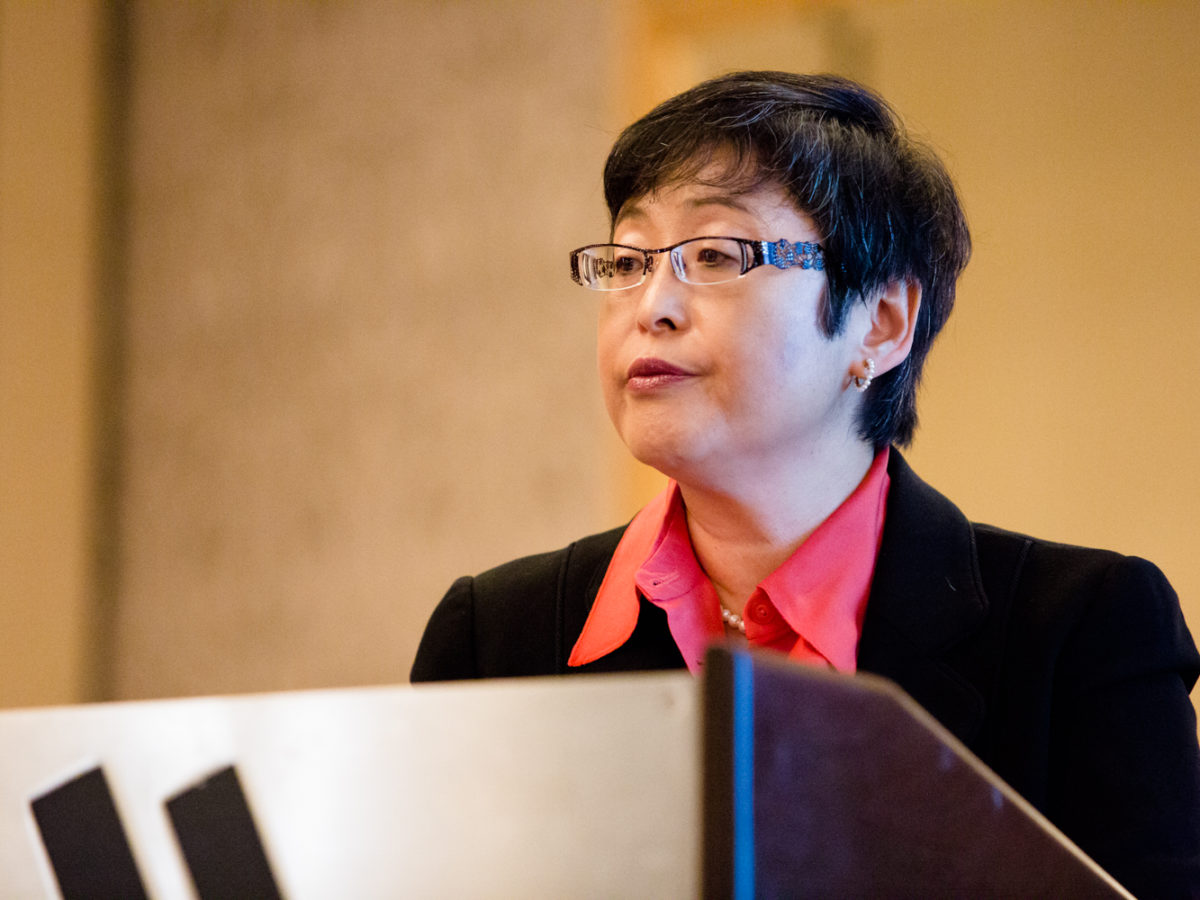
Workplace Conflict? Call the Mediator
Linda Toyo Obayashi, Senior Mediation Officer at The World Bank Group, discusses workplace conflict and the evolving interdisciplinary field of conflict resolution.
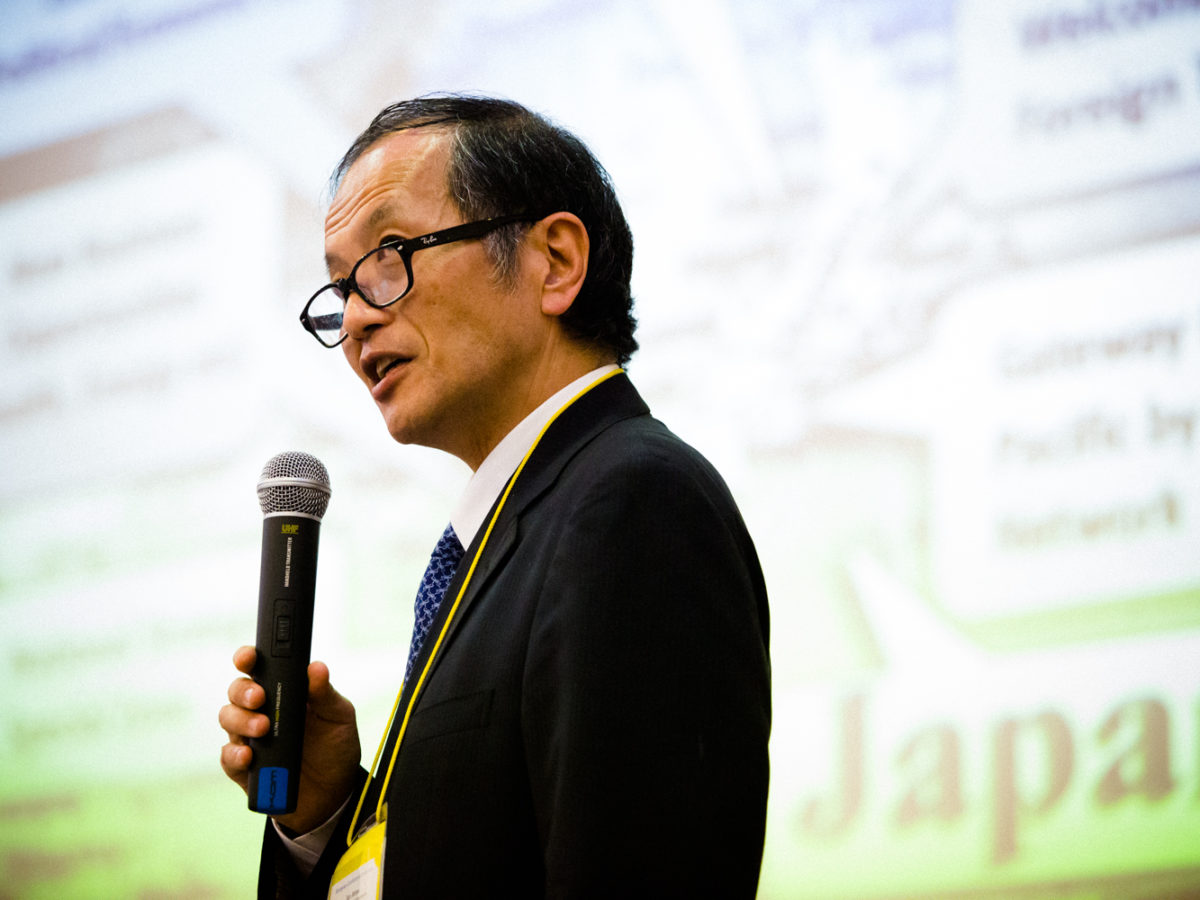
Abenomics and the State of the Japanese Economy
Jun Arima, Director General of JETRO London, sits down with Rev. Prof. Stuart D.B. Picken (1942-2016), Chairman of IAFOR’s International Advisory Board, to continue their discussion on Japan’s economy.
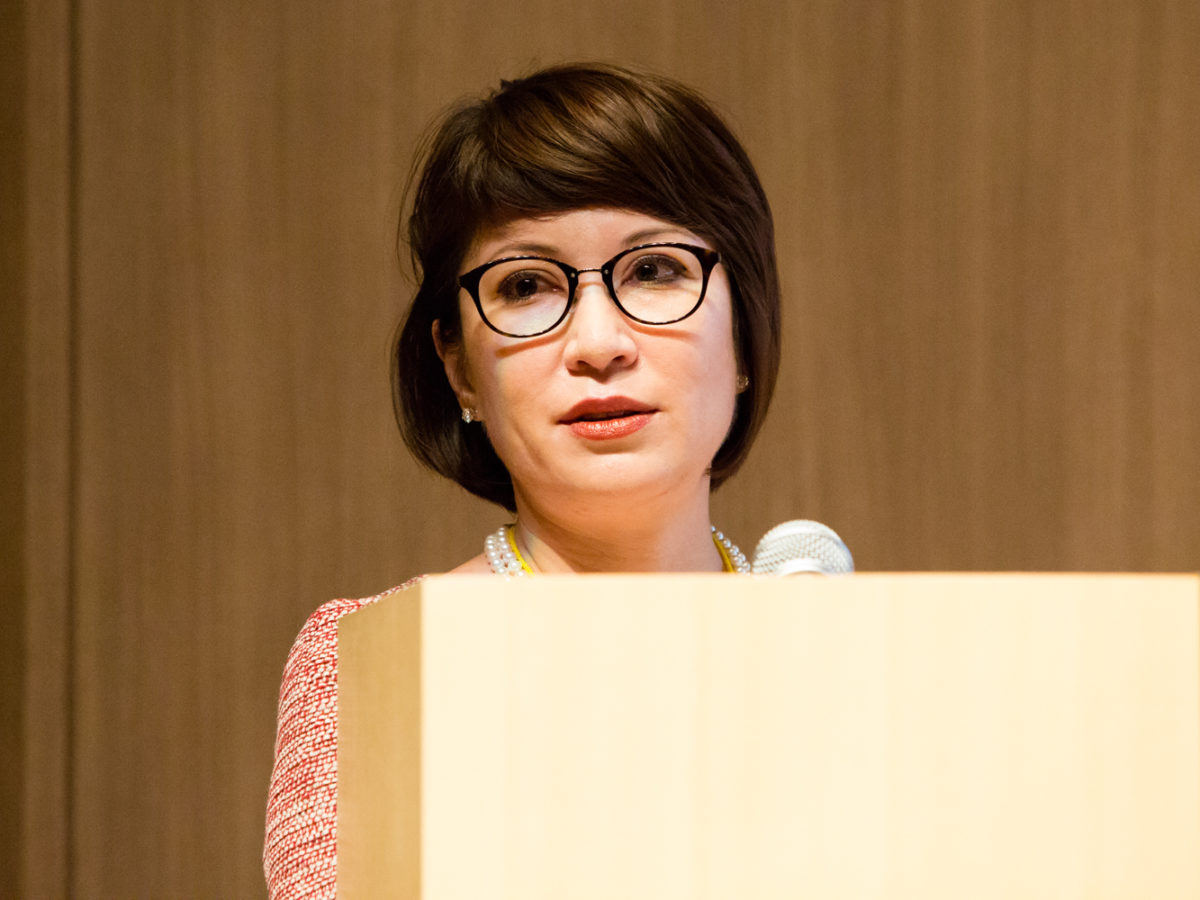
Understanding and Improving the Lives of Elders in Singapore
Dr Angelique Chan discusses the introduction of the Centre for Ageing Research and Education (CARE) in Singapore, and how it will help develop, coordinate and implement research and education initiatives in ageing and health.
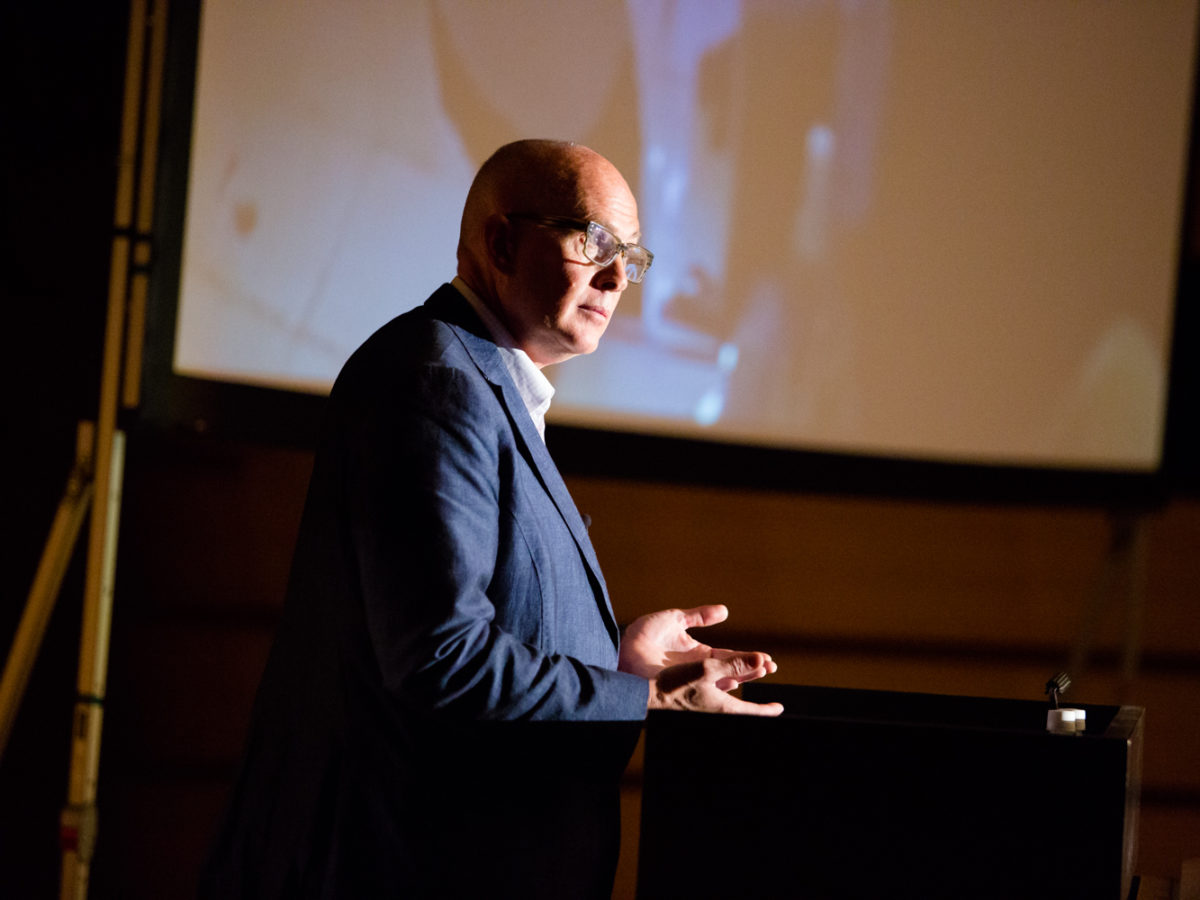
Individuals and Communities in Conflict
Mr Lowell Sheppard, Asia Pacific Director of the HOPE International Development Agency, speaks about his extensive experience in crisis and conflict situations with with Dr Joseph Haldane, IAFOR Executive Director.

Changing Conditions for Women in the Workforce
Monika Merz, President of Toys “R” Us, Asia Pacific, discusses changing conditions for women in the workforce at the ACCJ Chubu Diversity Summit in Nagoya, Japan.
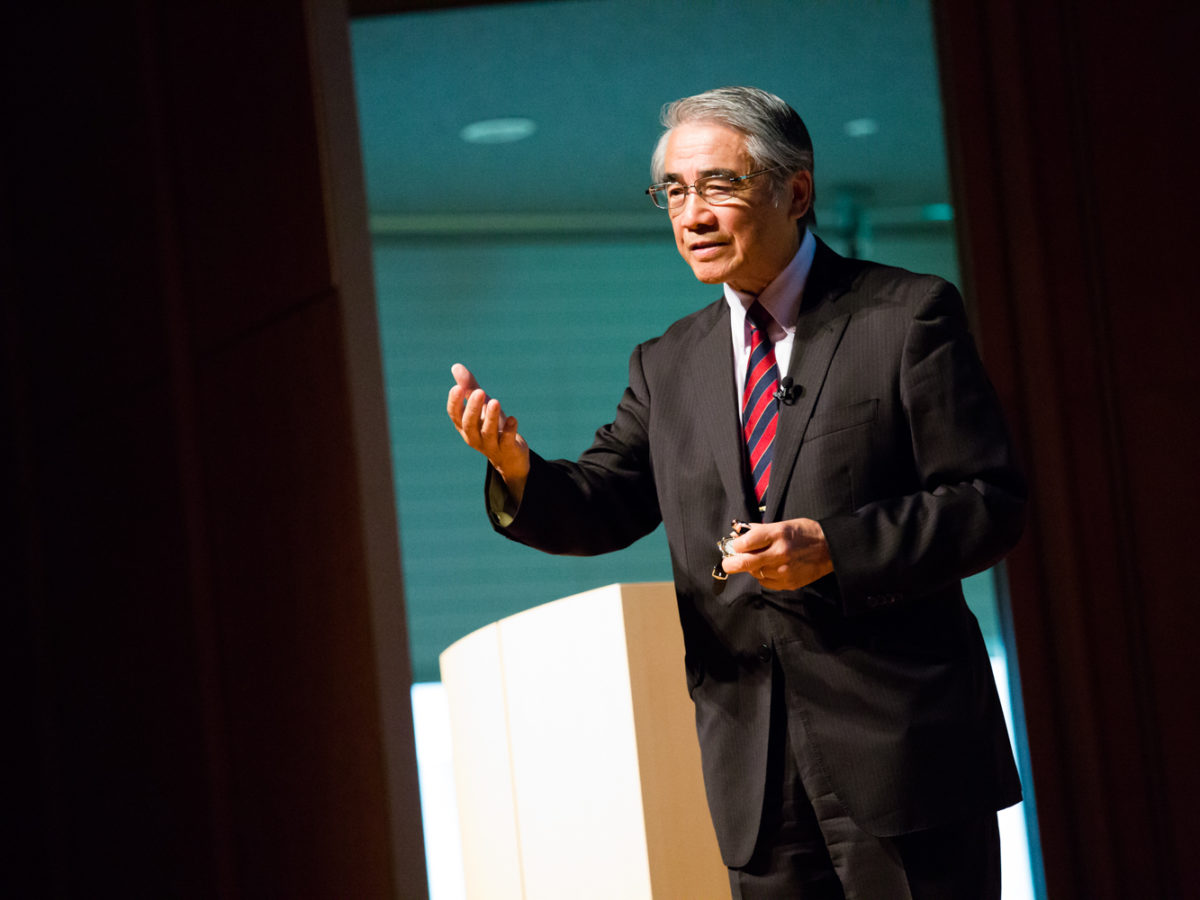
Human Rights and International Law
Professor Yozo Yokota speaks with IAFOR Executive Director, Dr Joseph Haldane, about his experiences working with the UN in Myanmar (Burma), his thoughts on whether human rights are universal or culture specific, and the role of human rights in business.
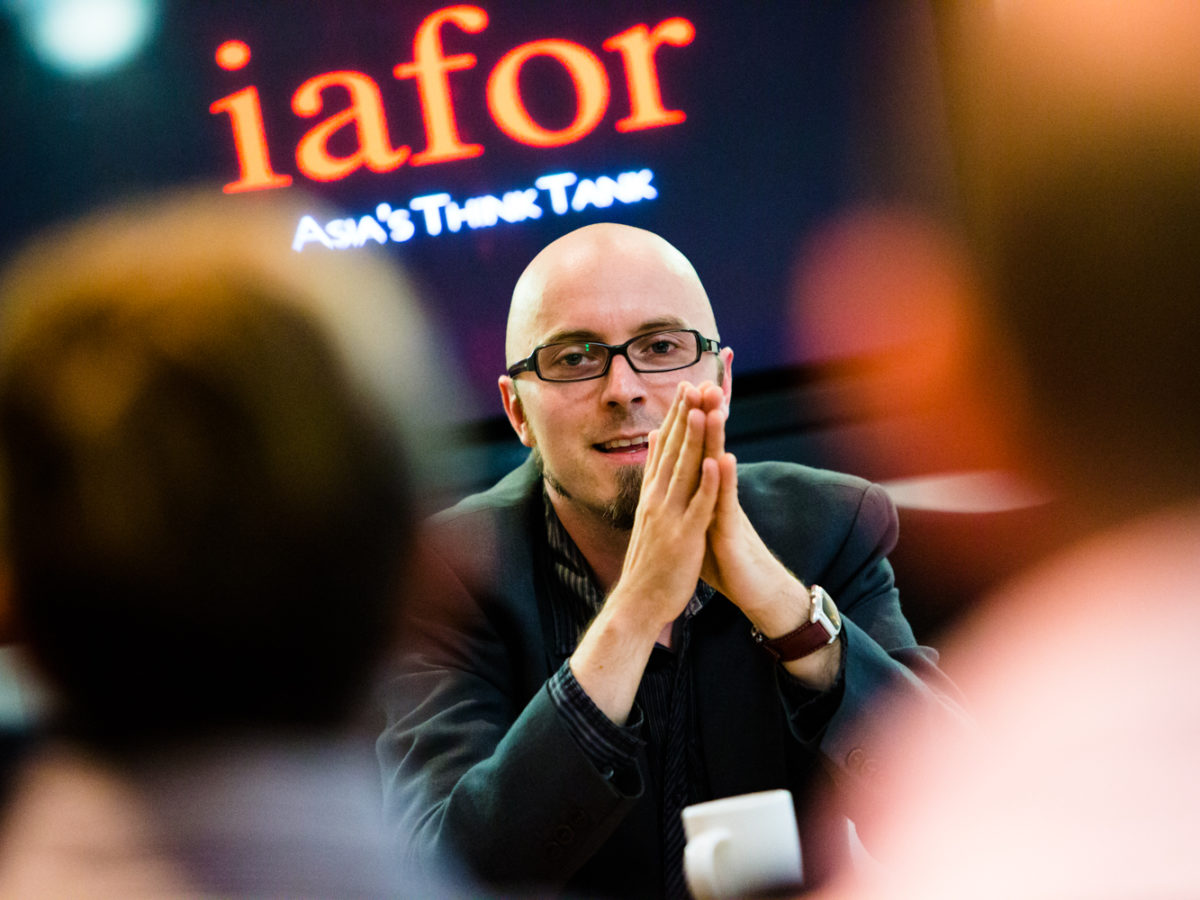
IAFOR & Interdisciplinarity
Learn how IAFOR’s conferences and publications encourage interdisciplinary activity and its expansion in academia.
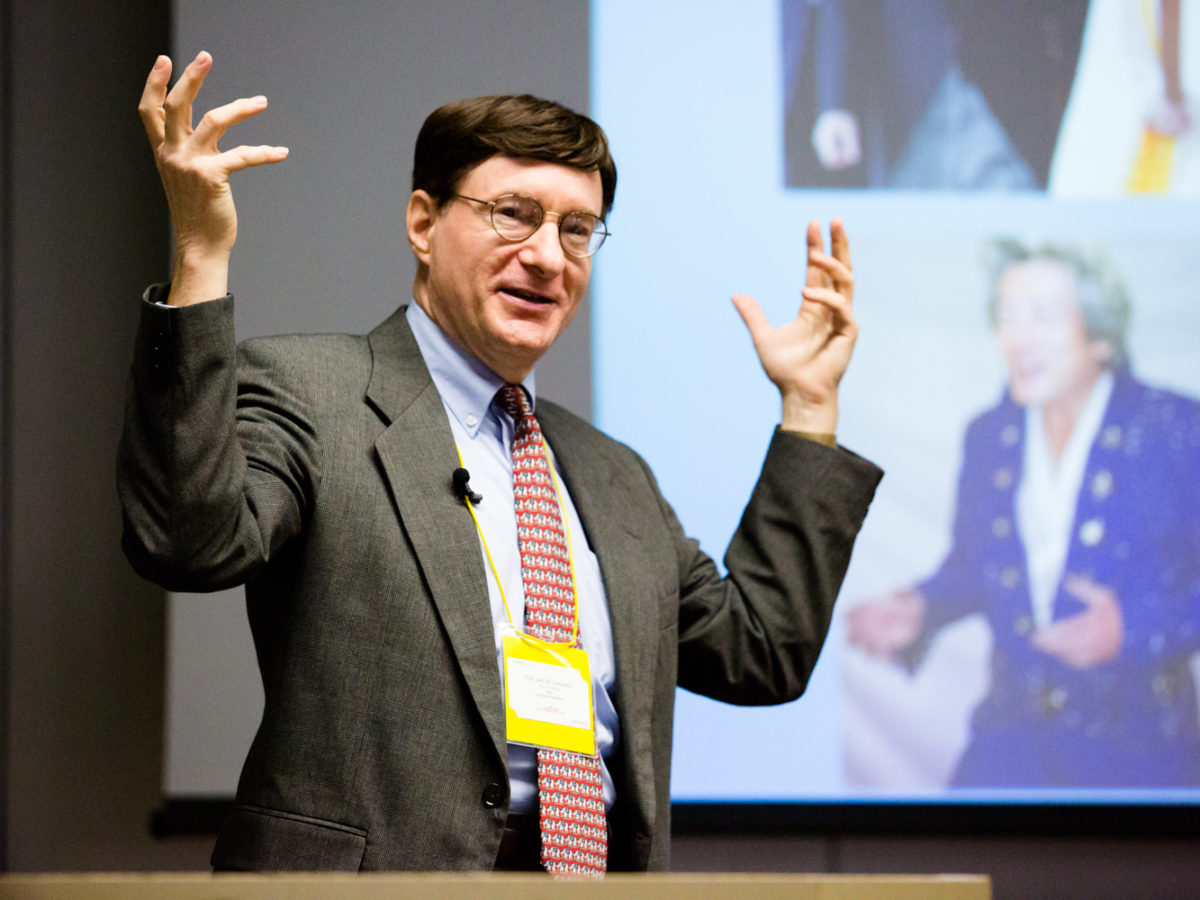
Nationalism and the Three Arrows – The Conservative Activism of Japan’s Shinzo Abe
Professor Joel Campbell of Troy University discusses the political history of Japan and how the Abe Government’s proclivity for nationalism and their Three Arrows economic strategy are affecting the nation.
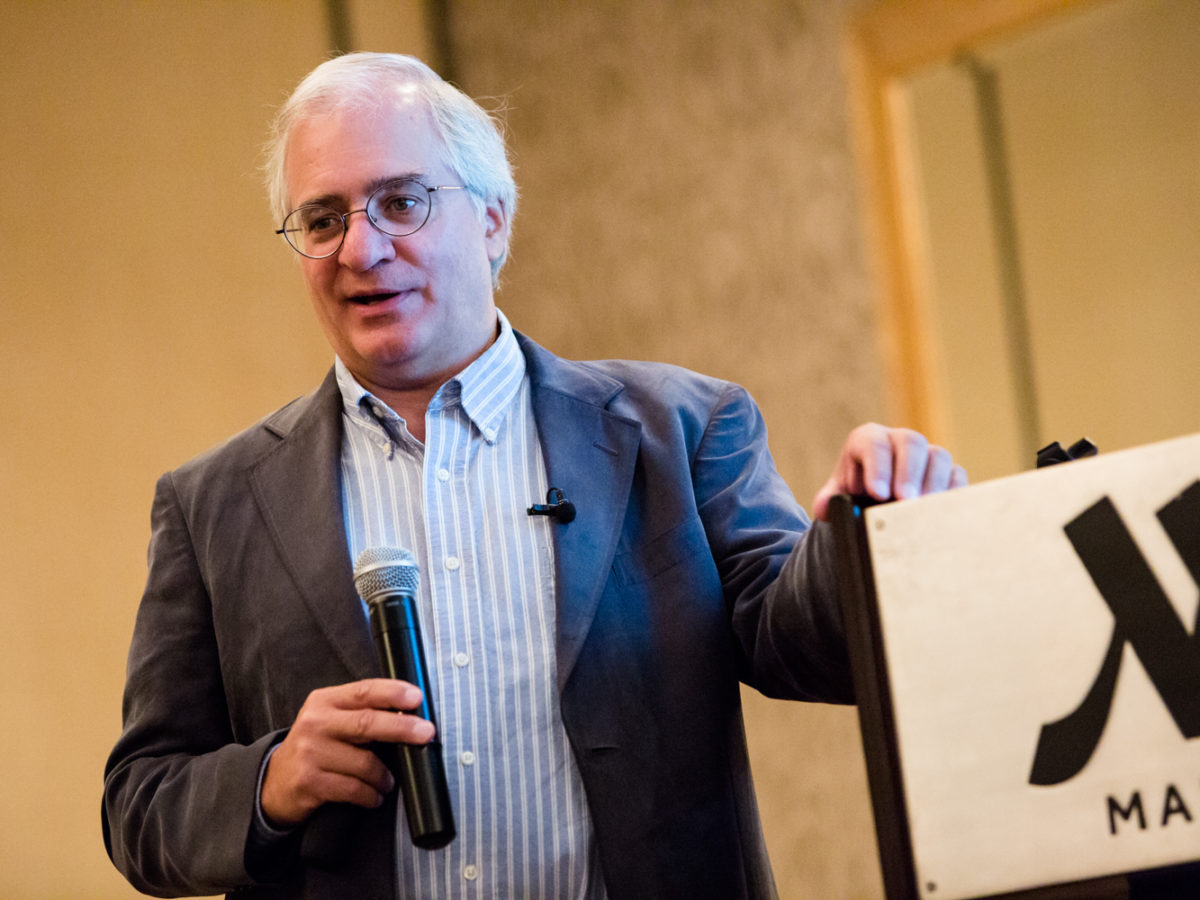
Japanese Firms and Staying Power
Professor Michael A. Cusumano of the Massachusetts Institute of Technology (MIT) discusses Japan’s rise and decline as an economic superpower at The IAFOR North American Conference on the Social Sciences.
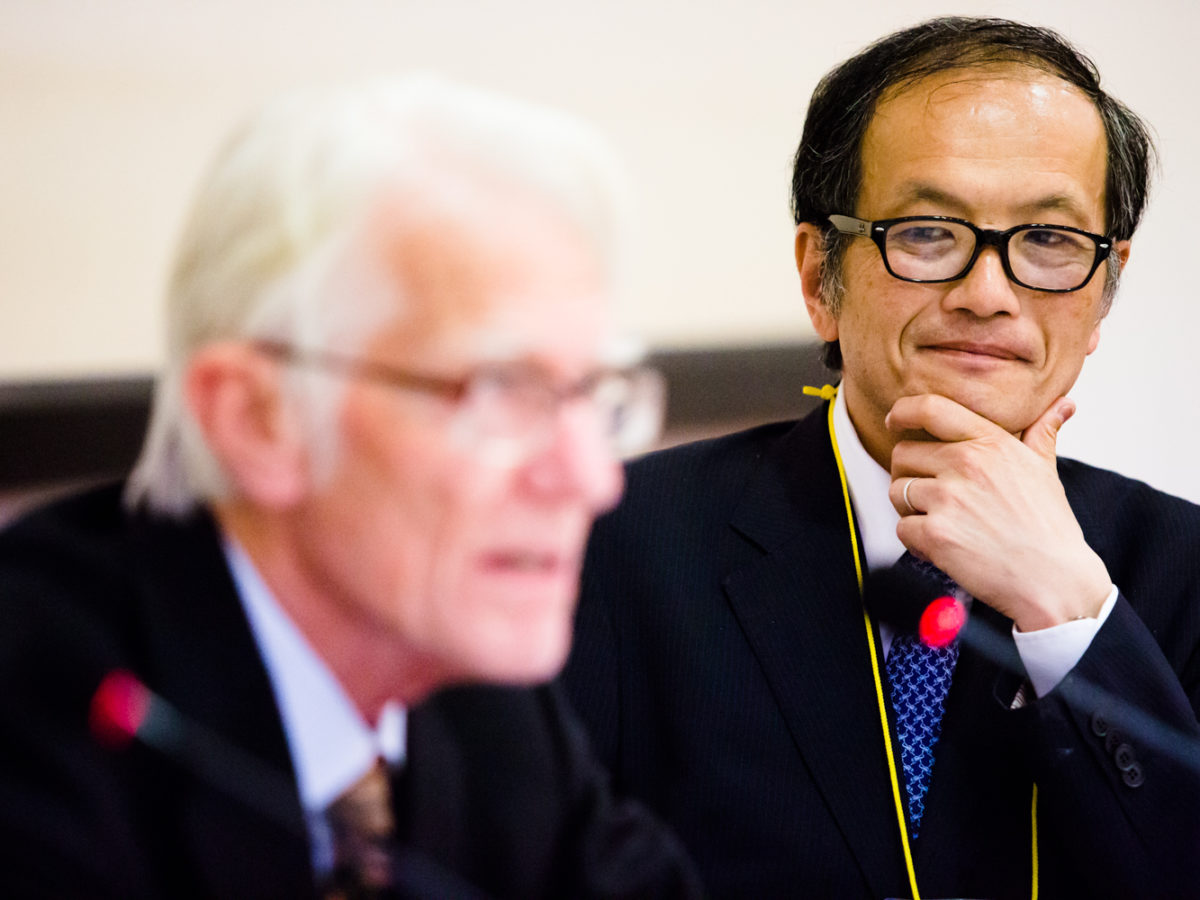
Abenomics and Japan’s Economic Recovery
Jun Arima of the Japan External Trade Organization (JETRO) discusses how Abenomics is affecting the Japanese economy and shows the economic signals pointing to recovery.
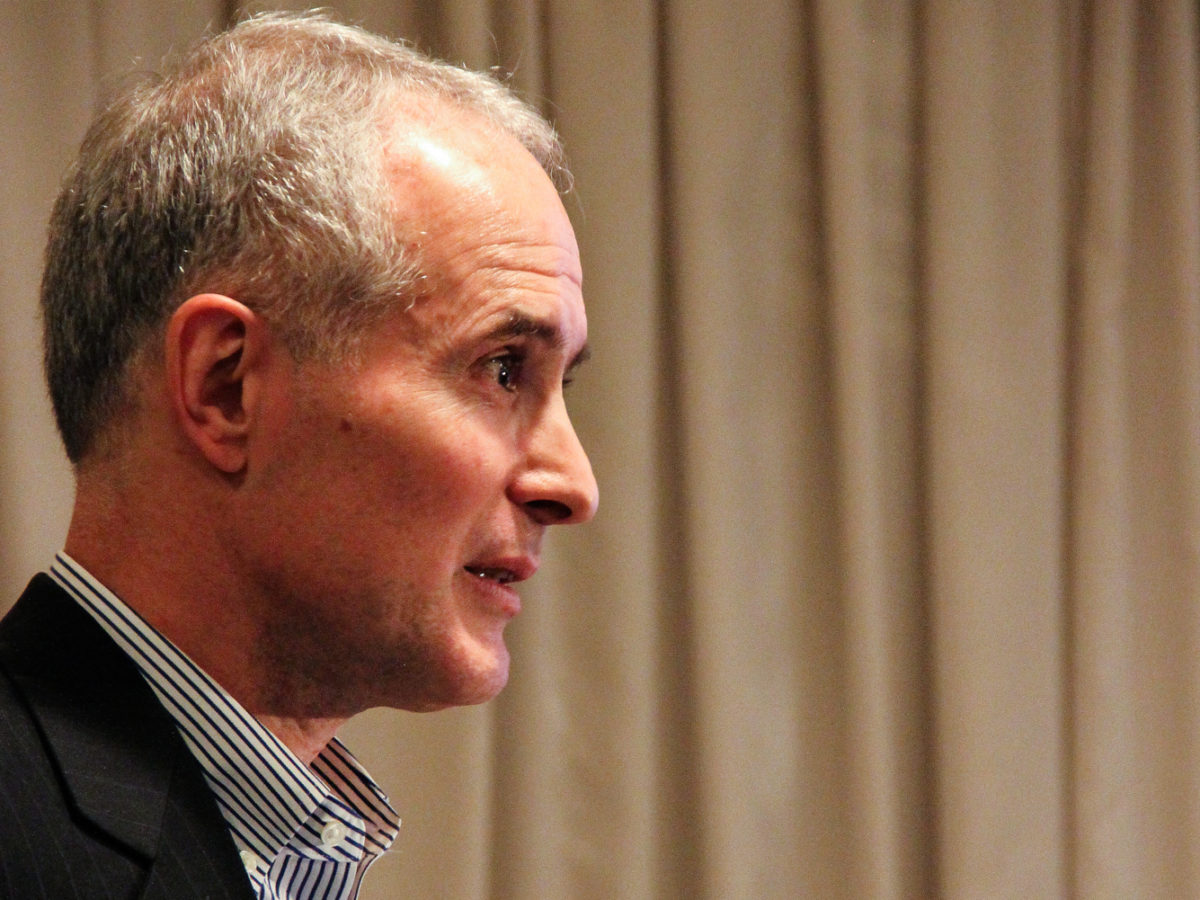
Corporate Governance and Culture in Japan
IAFOR Executive Director, Dr Joseph Haldane, discusses Japanese corporate governance, corporate culture, and training methods with Mr Nicholas Benes of the Board Director Training Institute of Japan (BDTI).
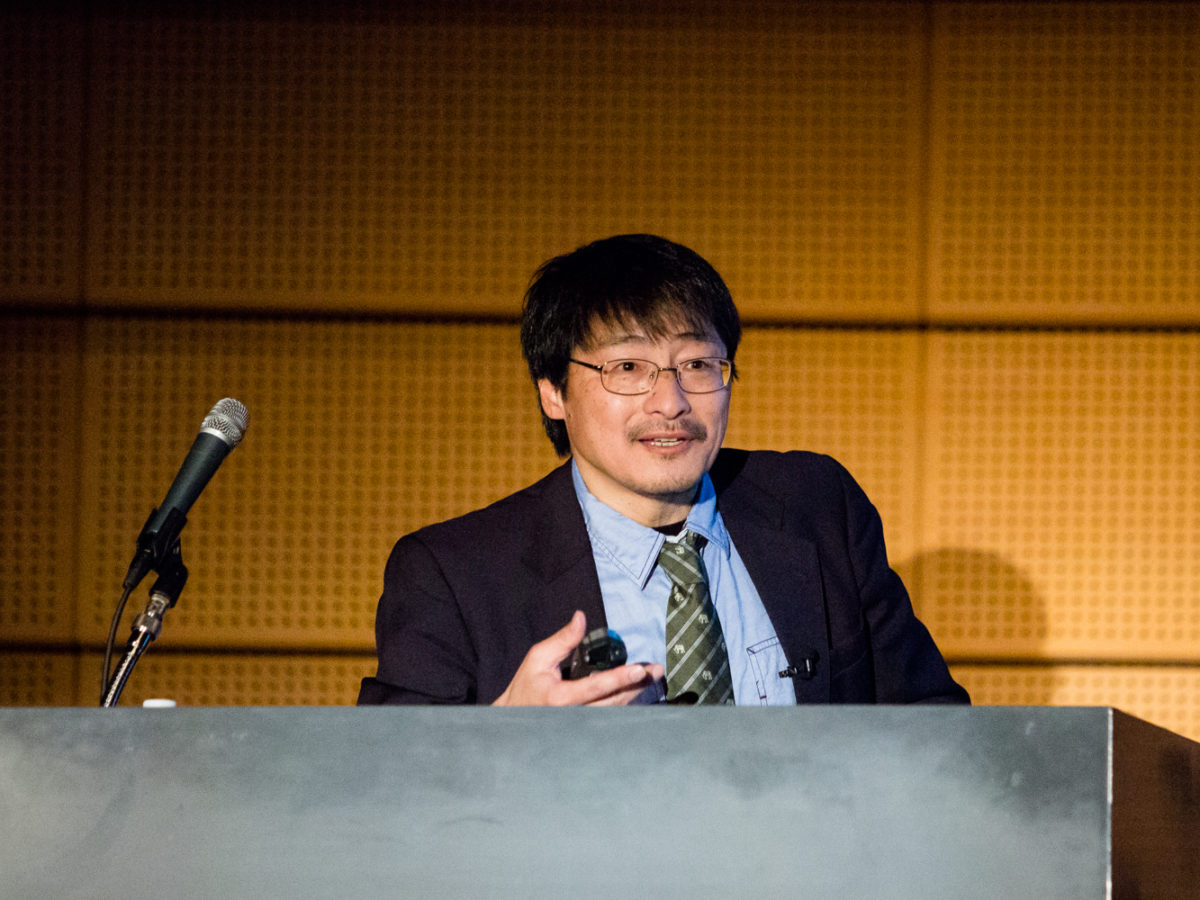
Rethinking Interpersonal Conflict Strategies: Is Avoiding really that Bad?
Professor Jiro Takai of Nagoya University discusses his research on interpersonal conflict resolution strategies and elaborates on why, when and how avoiding conflict can actually be a wise choice in managing interpersonal conflict.
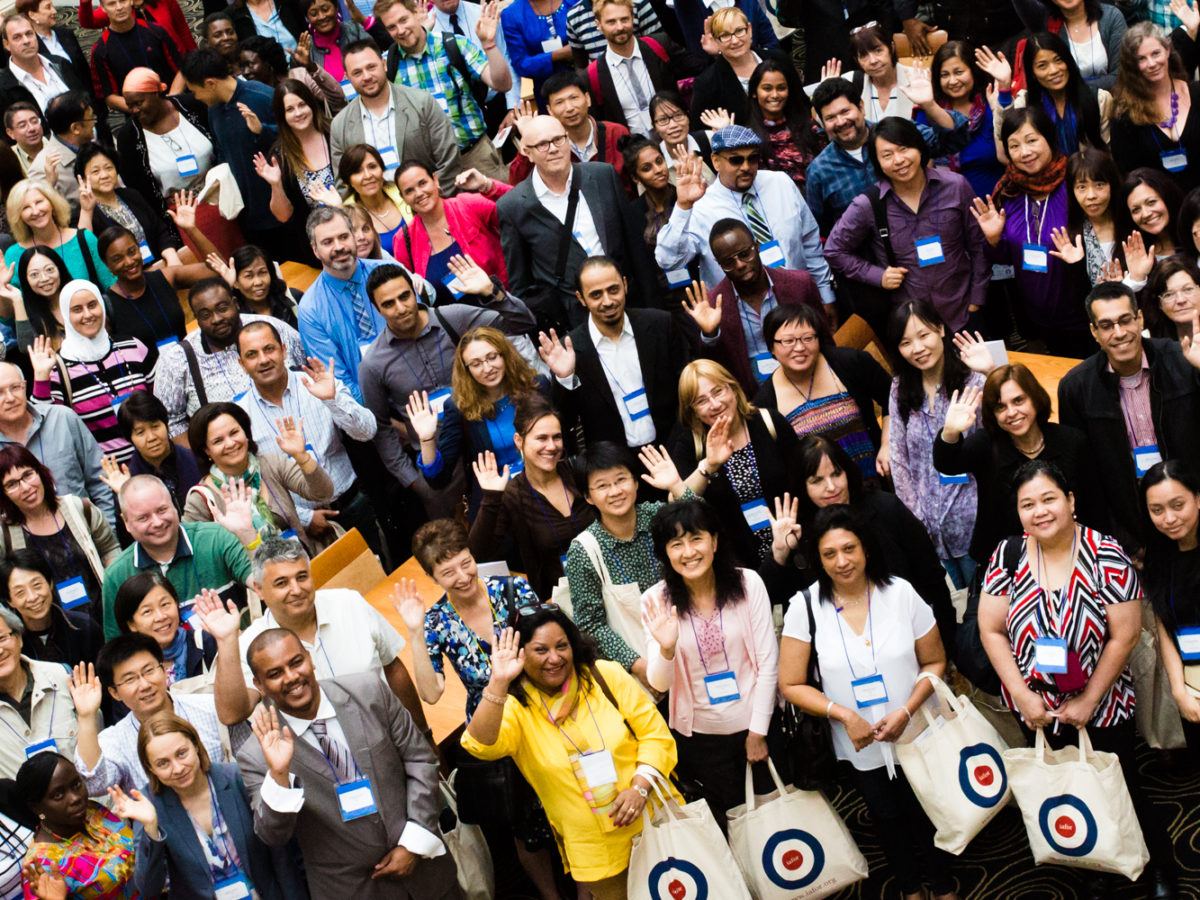
Why join an IAFOR conference?
A look into the international, intercultural and interdisciplinary world of an IAFOR conference and why you should attend. Featuring footage shot at our conferences and interviews with leading academics.
